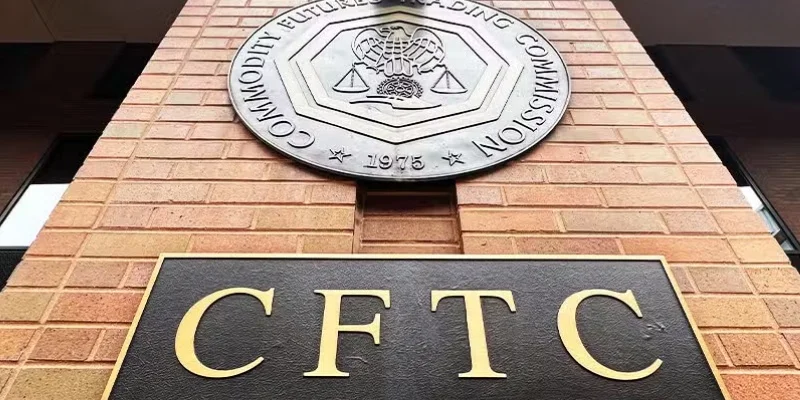This week, CFTC Commissioner Caroline Pham expressed alarm about the agency’s new accusations against cryptocurrencycurrency exchange KuCoin. Caroline claims that the regulator may be infringing the rights of its sister agency in this situation.
On March 26, the U.S. Department of Justice and the CFTC jointly filed KuCoin with operating an illegal digital asset derivatives exchange.
According to commodity regulations, the agency’s complaint “appears to assert that fund shares held by investors namely, securities can themselves constitute leveraged trading,” said CFTC Commissioner Pham in a statement on Friday.
despite that, “this interpretation fails to distinguish between an investment in a fund, which would typically be a security under the jurisdiction of the SEC, and the trading activities of a fund, alleged here to be under the CFTC’s jurisdiction,” according to Pham.
“The CFTC’s approach may trespass on the SEC’s authority and undermine decades of strong investor protection regulations by combining a financial product with a financial activity, upending the fundamentals of securities markets. “Owning shares is not the same as trading derivatives,” Pham clarified.
Concerns about the SEC and CFTC’s jurisdiction over the cryptocurrencycurrency industry have been expressed on numerous occasions in the previous year.
The SEC and CFTC are at disagreement over whether Ether is a security or a commodity. SEC Chair Gary Gensler believes that many cryptocurrencycurrencies are securities, however the CFTC considers ether to be a commodity, as seen by recent accusations against KuCoin.
Earlier this month, at a congressional hearing, CFTC Chair Rostin Behnam cautioned lawmakers that if the SEC classified ether as a security, CFTC registrants offering ether as a futures product would violate SEC regulations. She called it as “critical.”













